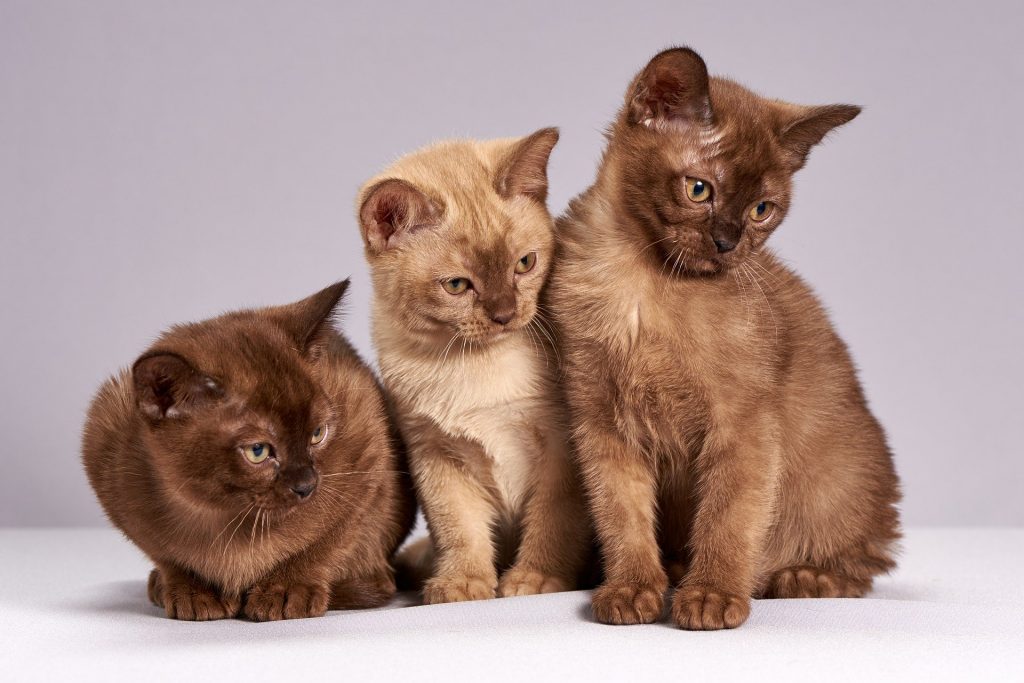After the Taal volcano eruption last Jan. 12, hundreds of people were forced to evacuate and leave behind their homes, livelihood and even their animal companions.
Animal rescue organizations came to the rescue and saved as much animals as they can, but a number of pets were still not so lucky. Almost two months since the eruption, residents are returning to their homes in the hopes of getting back their normal lives before the ordeal.
But for several pet owners, a normal life is far from reality as they look for their lost pets in a number of rescue centers.
Pet ownership starts with a microchip
Just like humans, animals continue to grow in number, worsening problems linked to stray overpopulation. But unlike people, not all animals have identification. This is where Petdentity hopes to contribute possible solutions.

Petdentity is the first and largest pet data storage system in the Philippines. It offers microchipping for pets that is complete with a system database and mobile application, making it easier for human companions, veterinarians and city officials to use.
“After ngTaal, na-realize ngmaraminakailanganng microchip. Kaya sinabikokanina di ba, may 400 na pets nakailanganng microchip saNasugbu. Nagaaway-away dahilsa kung sinoang may-ari,” Denis Reyes, Petdentity founder and CEO, told Animal Scene in an interview.
He said around 30,000 pets were rescued in Batangas, but most of them, if not all, cannot be properly identified. This led several pet owners to lose their own animal companions, especially those with breed.
“Ang Petdentity, kaya naman natin ito ginawa, para magkaron ng identification,” Reyes added as they coordinated with local government units in Batangas and Bureau of Animal Industry (BAI) to help identify each rescued animal with a microchip for pet owners to find them easily.
While rescuing animals and giving vet services in shelters, Col. Marjorie Filoteo, chief veterinarian of AFP’s Veterinary Corps, said she saw the importance of pet identification and reiterated the need of putting it into ordinance.
“We rescued so many dogs and then we were having a hard time reconciling them with their owners naikawtalagayung owner kasi minsan tinatawag mo yung dog, pero talagang maamo lang talaga siya,” she said.
She added that microchipping pets is very important because it serves as a permanent identification for animals. “First, pag nakawala yung aso mo. Second, if it happened to bite someone tapos walang umamin. It is a responsibility.”
Better laws for all paws
Local government units, animal rescue organizations and individual pet owners rushed to Batangas after the Taal volcano eruption to help save animals left behind by their owners.
Felix Casaba, a caretaker at a farm in Nasugbu, said he and his boss collected more than 200 new animals in their farm, including goats, cats, rabbits and pigeons.
“If things in the area go back to normal, then the owners of the dogs will come and claim them. But if the dogs remain unclaimed, then we’ll still take good care of them for life,” Casba told Reuters in an interview.

Davette Garcia, a volunteer for animal rescue group Philippine Animal Rescue Team (PART), also opened her home to about 80 to 100 animals. “At first nag-volunteer ako to rescue animals, then I opened my home na. It took more than a month before all dogs and cats were returned to their owners,” she told Animal Scene.
She said there were some groups who had a hard time returning the animals to their humans, because they did not have any form of identification or documents. Garcia also noted how the government failed to help in the situation. “Kami kamilangrinangnagtulungan and nag-save samgahayop. Ang problem kasi is walang designated place parasakanila during the eruption. Hindi silanaisama.”
People for the Ethical Treatment of Animals (PETA) Asia campaigner Jana Sevilla also pointed out the need for laws to include a provision requiring animals to be included in evacuation plans.
“Meronngaakongginawang presentation for NDRRMC na dapat ngayon palang may identified na kayong sanctuary for animals. Hindi kasi considered ang pets sa plano,” Reyes said.
Filoteo said they [the army] are now trying to advocate using microchip in military camps for security purposes and as part of the “responsible ownership program.”
An injured baby Luzon scops owl (Otuslongicornis) was rescued by policemen along Tanauan-Talisay in Batangas and turned it over to the Department of Environment and Natural Resources (DENR) after the volcano eruption, which forced them to rethink strategies to protect the animals.
“We want to bring these centers closer to people who have saved or will rescue wild animals that migrated to communities to escape Taal volcano’s wrath, so they no longer have to travel to Manila to turnover the species,” Benny Antiporda, DENR Undersecretary for Solid Waste Management and Local Government Units Concern and Deputy Spokesperson, said in a statement. “[This is why] putting up rescue centers at strategic DENR field offices near Taal is a must.”
You might want to read:
– Chipping cuties! Making change through microchipping
– DENR partners with inter-agencies to strengthen protection of country’s wildlife
– DENR plans to set-up wildlife rescue centers near Taal






